The system is flawed. And even if the fixes ordered by the president’s executive actions were to be fully implemented, it wouldn’t reduce gun violence.
And that’s what supporters of universal background checks are saying,
The effort to repair the system stems from widespread agreement that it’s rendered nearly useless because of two key problems: A giant-sized loophole exists in that some private sellers aren’t required to do checks; and many states aren’t providing the feds with the vital needed information to maintain a meaningful database of those who, legally, have no right to purchase firearms. In particular this pertains to mental health problems and drug use.
“Most Americans support background checks, but they … have very little clue about what that means,” said David Kopel, a gun law expert and adjunct Constitutional law professor at the University of Denver. “When you phrase something in an attractive way like ‘universal background checks,’ who wouldn’t be for it? But if you get into the details, there’s a bit more grey-area.”
[…]
While the system is well-intentioned, many argue it’s just not working and they’ve got plenty of evidence to point to.
For instance, while the background checks cover mental illness, few states are submitting the required records to the federal database. From 2004 and 2011, the number of mental health records made available to NICS increased dramatically from 126,000 to 1.2 million, according to a July report from the Government Accountability Office (GAO). But the GAO noted that the increase is largely a result of efforts by only 12 states.
Under the current restrictions regarding mental health issues, gun purchases are prohibited for anyone found not guilty of a crime by reason of insanity, anyone who has been involuntarily committed to a mental institution, or found legally incompetent to handle their own affairs.
Like mental health records, drug violations are also under-reported to the feds, according to reports. The GAO concluded that “most states” aren’t informing the feds of failed drug tests, as the federal background check law requires — with 30 states not making any noncriminal data available.
With regards to drugs, the law bars anyone with multiple arrests for the use or possession of a controlled substance within the past five years with the most recent arrest happening in the last year. It also restricts someone who is convicted for the use or possession of a controlled substance within the last year.
That includes marijuana. And with Colorado and Washington becoming the first two states to legalize recreational marijuana — and others already legalizing medicinal marijuana — those new state laws are bumping up against the federal background checks, experts say.
It gets even messier. In 2009, 70,000 people tried to buy a gun illegally. Only 70 were prosecuted. And closing the so-called “gun show” loophole, which includes the private sale of guns between individuals, is ludicrous. Imagine doing a background check on your law-abiding cousin who wants to buy a handgun from you. What about collectors who trade guns?
The problems with trying to micro-regulate a vast and complicated industry is that inevitably, you are going to discover it just doesn’t matter in solving the overall problem:
Even beyond the gun show loophole, questions about the effectiveness of the checks still linger. Researchers in 2000 reviewed more than a decade of crime data in states with and without background checks. They found no significant difference in murder rates in states that had implemented the checks and states that had not, according to the study, which was published in The Journal of the American Medical Association.
“There are a lot more things that you could spend money on that could be more cost-effective and get to the root of the problem,” Lott said. “Background checks might not really do anything, but if it’s going to make people feel better — a placebo effect — I guess it’s worth it.”
Is it “worth it?” Many would say it isn’t, based on the idea that the increased scrutiny would have no corresponding benefit to protecting society. The universal background check is a political solution to a social and cultural problem. It allows politicians to claim they are “doing something about the problem” without much political pain. Even if states fully complied with requests for data, people would still slip through the cracks. As we saw with the Sandy Hook tragedy when the mentally disturbed gunman simply stole weapons from his mother, if someone is determined to get a gun, there isn’t much anyone can do to stop them.
Some people shouldn’t have access to guns — everyone agrees with that statement. The question that should concerns us is; are the measures we employ to keep weapons out of the hands of some people necessary and effective?
If not, we should think twice about passing the political window dressing of universal background checks.




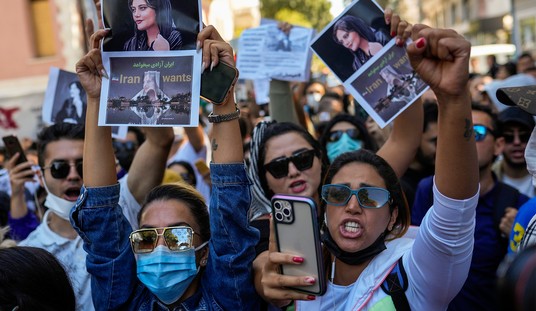
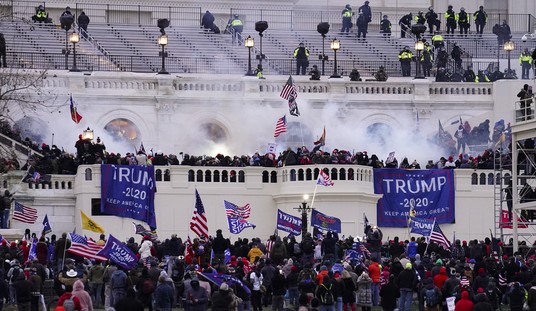
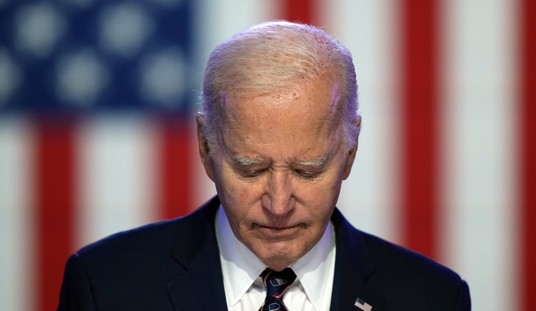
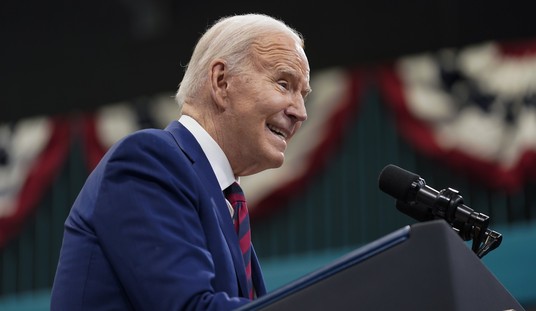
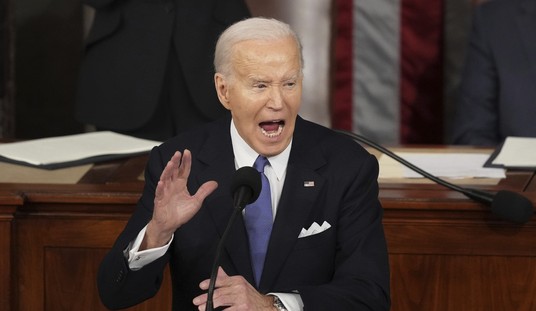
Join the conversation as a VIP Member